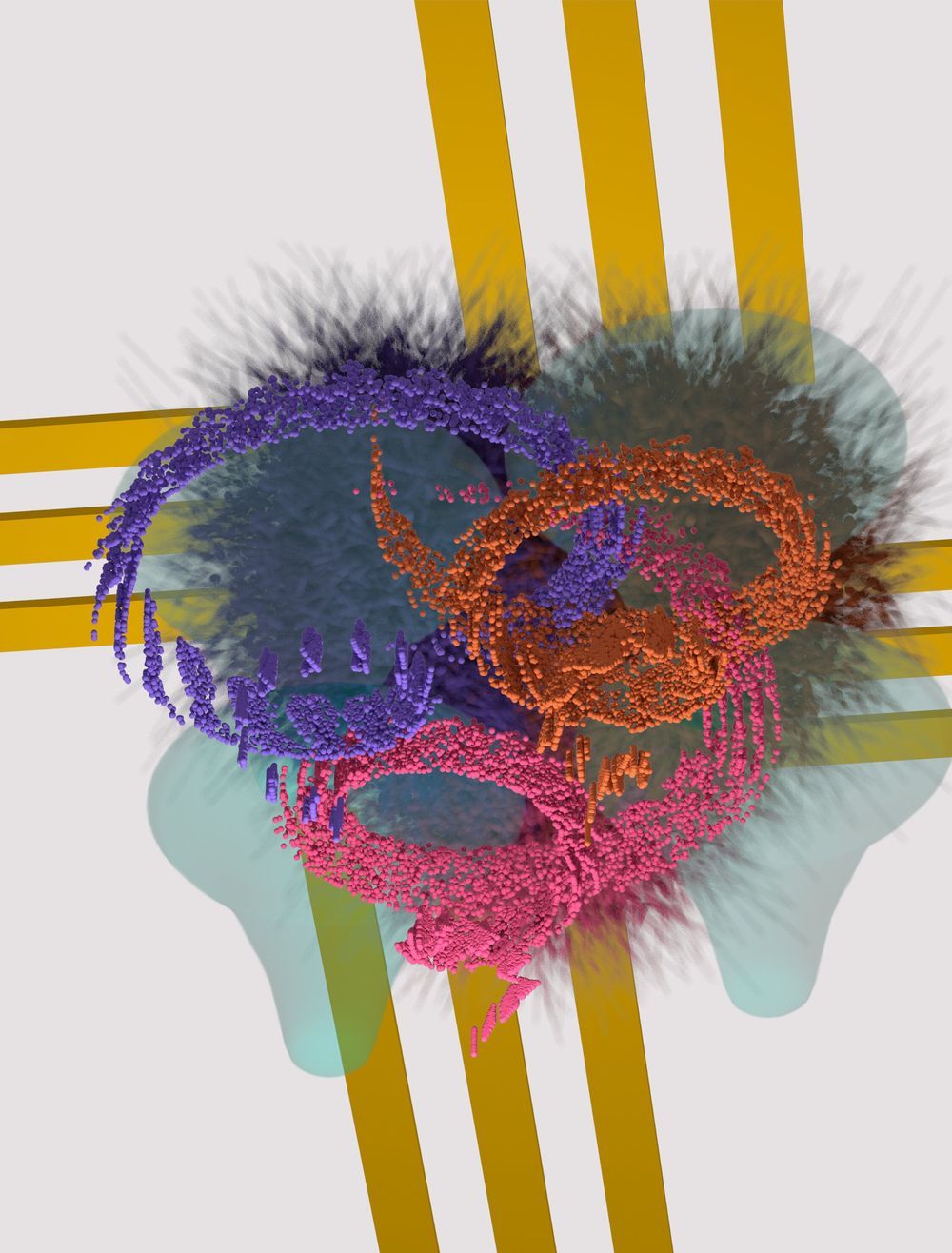In 1966, Japanese physicist Yosuke Nagaoka predicted the existence of a rather striking phenomenon: Nagaoka’s ferromagnetism. His rigorous theory explains how materials can become magnetic, with one caveat: the specific conditions he described do not arise naturally in any material. Researchers from QuTech, a collaboration between TU Delft and TNO, have now observed experimental signatures of Nagaoka ferromagnetism using an engineered quantum system. The results were published today in Nature.
Familiar magnets such as the ones on your refrigerator are an everyday example of a phenomenon called ferromagnetism. Each electron has a property called ‘spin’, which causes it to behave like a miniscule magnet itself. In a ferromagnet, the spins of many electrons align, combining into one large magnetic field. This seems like a simple concept, but Nagaoka predicted a novel and surprising mechanism by which ferromagnetism could occur—one that had not been observed in any system before.
